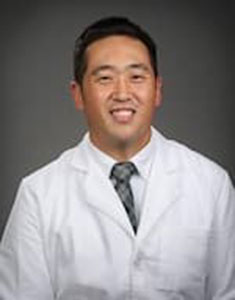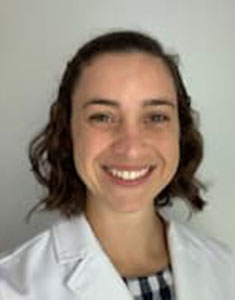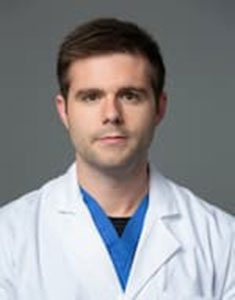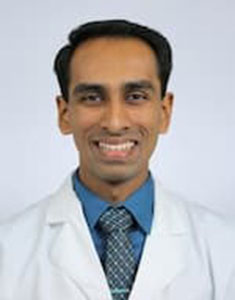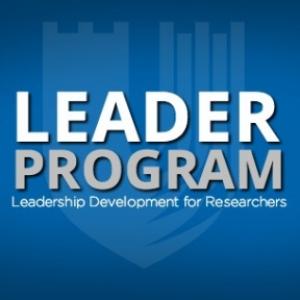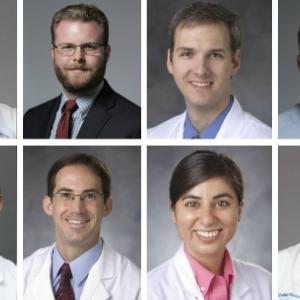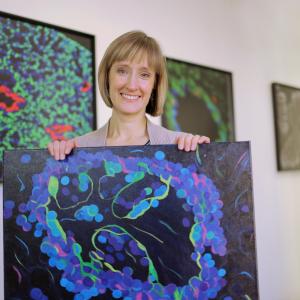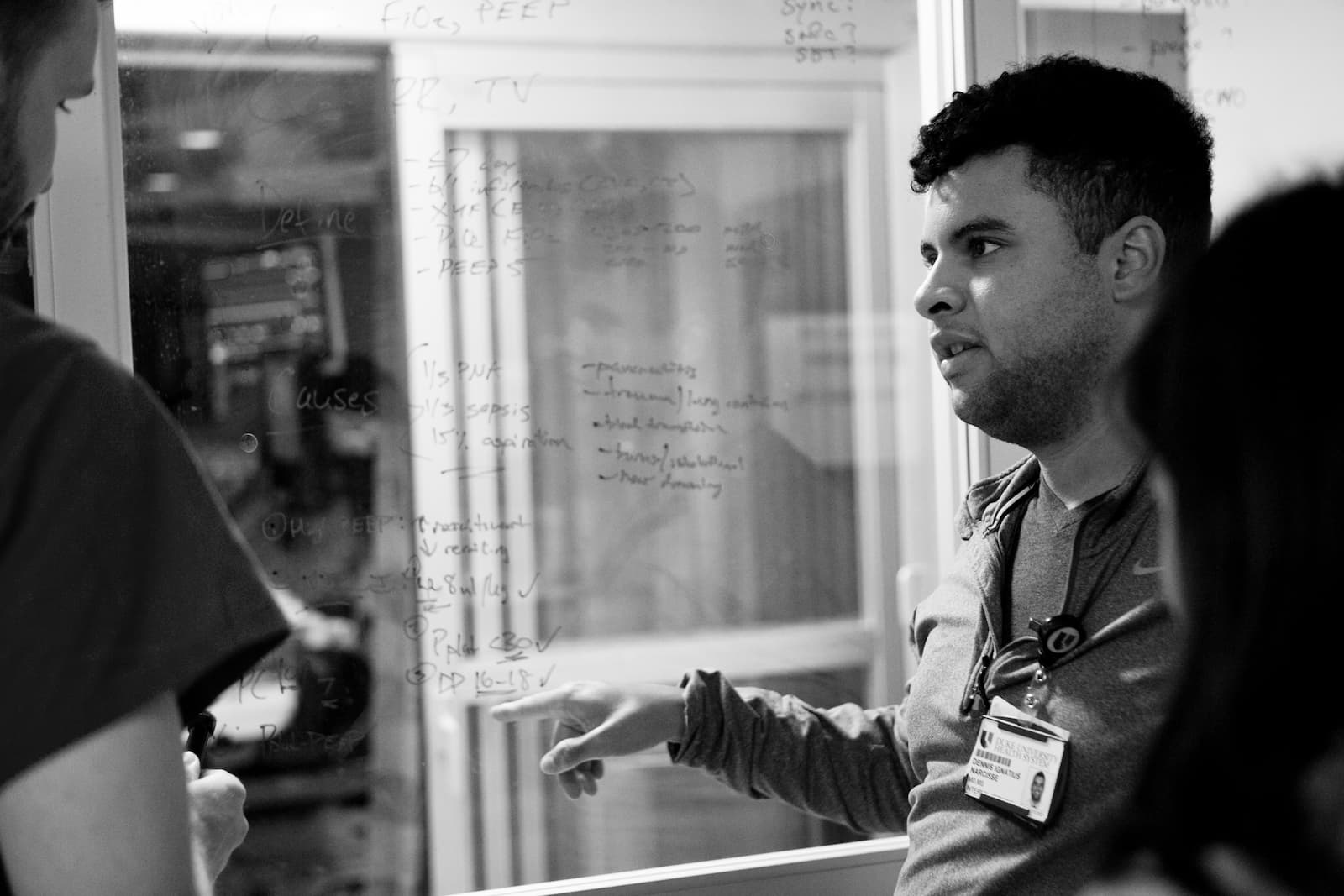
The Duke Fellowship Training Programs in Pulmonary and Critical Care Medicine produce outstanding physicians who are fully prepared to pursue careers in academic medicine.
Our combined Pulmonary and Critical Care Medicine fellowship program is a three-year program. Upon completion of training, fellows are eligible for dual certification in pulmonary and critical care medicine. The American Board of Internal Medicine requires a minimum 18 months of clinical training for board certification in both of these disciplines. All fellows in our combined program engage in scholarly activity and receive robust mentorship from our world-renowned faculty. We offer a fourth year of fellowship for trainees seeking advanced research training.
Our combined fellowship program accepts 5 fellows each year.
In their words
See why our fellows chose Duke, the strengths of the Duke PCCM Fellowship Program, and more.
As you explore our programs, please visit our about Duke and Durham page to see all that our city has to offer. We also encourage you to check out our 48 hours in Durham list, which highlights some of our favorite things to do and places to visit in the area.
Latest News
Pulmonary Chief Candidate Seminars
The Committee for the Search for a Chief of the Division of Pulmonary, Allergy, and Critical Care Medicine has invited the following candidates to return to Duke for a 2-day second visit and candidate seminar.
All Division and Department of Medicine faculty, trainees, and staff are invited to attend.
7 from Medicine selected for LEADER program
7 faculty from the Department of Medicine will participate in the School of Medicine's LEADER program.
Kaganov Symposium speakers tackle issues in pulmonary diseases
In April, Duke University Engineering alumnus Alan Kaganov and his wife Carol gave the university a gift of $3 million to advance research efforts for pulmonary medicine in collaboration with the Duke Pratt School of Engineering and School of Medicine this fall.
Eight from Medicine selected for Duke Clinical Leadership Program
Duke Health has announced a new class of the Duke Clinical Leadership Program (DCLP), including eight faculty from the Department of Medicine. The 26 clinicians in the 2018 class will join the ranks of the 169 fellows who completed the DCLP program during its first seven years.
Taking the lung apart cell by cell, to mend it
The photograph of blue, pink and neon-green globes that Christina Barkauskas, MD, keeps on her desk inside the Nanaline Duke Research Building looks like a string of glowing holiday lights. That is, until she decodes it.
Produced with a confocal microscope, the image is evidence of new insight into how some lung tissue repairs itself. It captures type 2 epithelial cells within alveoli functioning like stem or progenitor cells by giving rise to type 1 epithelial cells, which contribute to tissue repair.
For Dr. Barkauskas, this is not knowledge for knowledge’s sake. It’s data needed to better serve patients with often-lethal idiopathic pulmonary fibrosis.
New PDC members, August 2017
The following providers in the Department of Medicine joined the Private Diagnostic Clinic (PDC) in July, as reported by the PDC Physician Integration Office.
Find clinic information and appointment phone numbers for each of these PDC members on DukeHealth.org.
Duke Lung Transplant Symposium coming in August
Duke University Lung Transplant will hold its Duke Lung Transplant Symposium Aug. 25-26, 2017.
School selects additional Duke Health Scholars and Fellows
The Duke School of Medicine has selected additional faculty members for the Duke Health Scholars and Duke Health Fellows Program. Among the faculty honored are six individuals from the Department of Medicine.
Gift from Pratt alumnus will support Medicine-Engineering Collaborations at Duke
A generous gift from Duke Engineering alumnus Alan L. Kaganov and his wife, Carol, aims to advance the diagnosis, treatment and outcomes of pulmonary diseases by fostering new collaborations across engineering and medicine at Duke University.
Search for next chief of the Division of Pulmonary, Allergy, and Critical Care Medicine
Mary Klotman, MD, chair of the Department of Medicine, has initiated the search for a Chief of the Division of Pulmonary, Allergy, and Critical Care Medicine.
